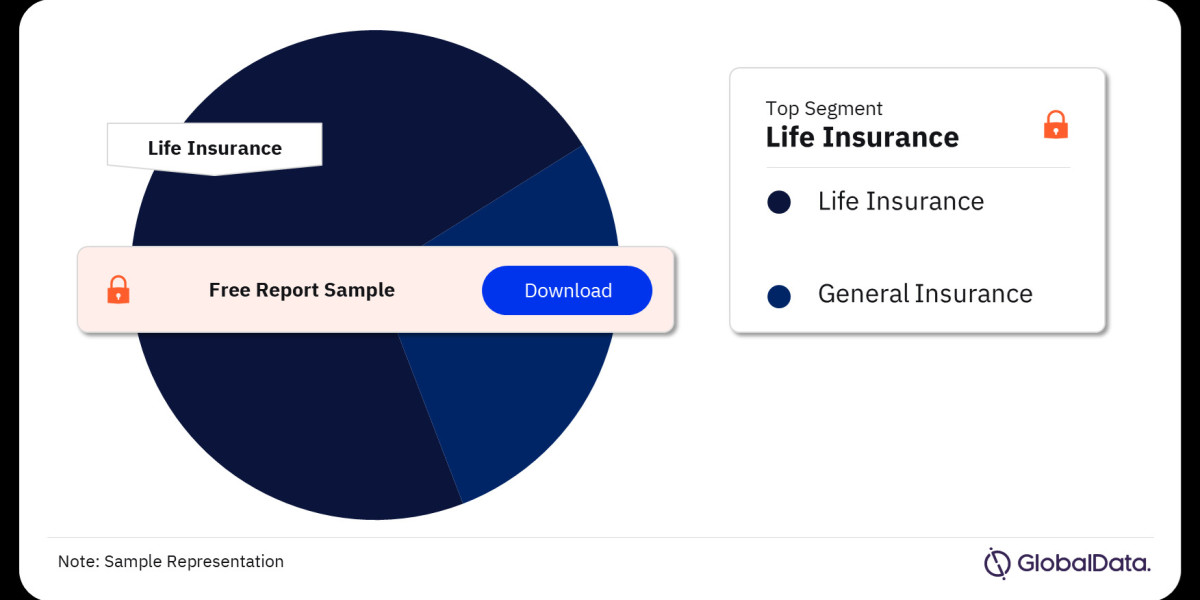Medical billing services play a crucial role in the healthcare system by managing the complex process of claim submissions and ensuring that healthcare providers receive proper reimbursement for their services. Given the intricate nature of medical billing, ensuring accuracy is paramount. Even minor errors can lead to significant financial losses and administrative headaches. This article explores the measures that medical billing services take to ensure the accuracy of claim submissions and avoid costly errors.
1. Understanding the Medical Billing Process
1.1 What Is Medical Billing?
Medical billing is the process of submitting and following up on claims with health insurance companies to receive payment for services rendered by healthcare providers. This involves translating healthcare services into standardized codes and submitting these codes to insurers Medical Billing Consulting.
1.2 Why Is Accuracy Crucial in Medical Billing?
Accuracy in medical billing is essential to avoid claim denials, reduce the risk of audits, and ensure timely reimbursement. Errors can lead to financial losses and can also affect the provider's reputation.
2. Key Measures for Ensuring Accuracy
2.1 Comprehensive Staff Training
2.1.1 Regular Training Programs
Medical billing staff undergo continuous training to stay updated on the latest coding practices, regulatory changes, and software updates. This ensures they are well-versed in current billing standards.
2.1.2 Certification and Accreditation
Many billing professionals hold certifications from recognized organizations, such as the American Academy of Professional Coders (AAPC). These certifications validate their expertise and commitment to accuracy.
2.2 Utilization of Advanced Billing Software
2.2.1 Automated Coding Tools
Advanced billing software often includes automated coding tools that help in accurately translating medical services into codes. These tools reduce human error and increase efficiency.
2.2.2 Integration with Electronic Health Records (EHR)
Integration with EHR systems ensures that billing information is accurate and up-to-date, minimizing discrepancies between patient records and billing data QPP MIPS.
2.3 Rigorous Claim Review Processes
2.3.1 Pre-Submission Audits
Before submitting claims, billing services conduct pre-submission audits to review for any errors or inconsistencies. This step helps catch mistakes before they reach the insurer.
2.3.2 Error Detection Algorithms
Many billing services employ error detection algorithms to identify potential issues in claims, such as coding mistakes or missing information, before submission.
2.4 Adherence to Regulatory Standards
2.4.1 Compliance with HIPAA
Medical billing services adhere to the Health Insurance Portability and Accountability Act (HIPAA) to ensure the confidentiality and accuracy of patient information.
2.4.2 Following ICD and CPT Coding Guidelines
Billing services must follow the International Classification of Diseases (ICD) and Current Procedural Terminology (CPT) coding guidelines to ensure claims are coded correctly.
2.5 Effective Communication with Healthcare Providers
2.5.1 Clarifying Ambiguous Information
Billing services work closely with healthcare providers to clarify any ambiguous information or discrepancies in patient records to avoid errors Radiology Billing Services.
2.5.2 Ongoing Feedback Mechanisms
Implementing feedback mechanisms allows for continuous improvement in billing practices and addresses any recurring issues.
2.6 Regular Audits and Quality Assurance
2.6.1 Internal Audits
Regular internal audits help ensure that billing practices are consistent and compliant with industry standards. This practice helps identify and rectify any systemic issues.
2.6.2 Third-Party Audits
Engaging third-party auditors provides an additional layer of scrutiny, helping to uncover any hidden errors and improve overall billing accuracy.
2.7 Efficient Denial Management
2.7.1 Analyzing Denial Trends
Analyzing trends in claim denials helps billing services understand common issues and implement corrective measures to reduce future denials.
2.7.2 Rapid Response to Denials
Quickly addressing and appealing denied claims helps recover revenue and improves the overall efficiency of the billing process.
https://techmoduler.com/easy-steps-to-fix-perplex-medical-billing-errors/
Conclusion
Ensuring the accuracy of claim submissions in medical billing is essential for avoiding costly errors and maintaining financial health for healthcare providers. By implementing comprehensive staff training, utilizing advanced software, adhering to regulatory standards, and engaging in rigorous review processes, medical billing services can significantly reduce the risk of errors. These measures not only safeguard against financial loss but also enhance the overall efficiency and effectiveness of the billing process.
FAQs
1. What are the most common errors in medical billing?
Common errors include incorrect coding, missing or incomplete information, and discrepancies between patient records and billing data.
2. How can healthcare providers ensure accurate billing?
Healthcare providers can ensure accurate billing by working closely with billing services, maintaining up-to-date patient records, and participating in regular audits.
3. What role does technology play in medical billing accuracy?
Technology, including automated coding tools and integrated EHR systems, helps reduce human error and improve the accuracy and efficiency of the billing process.
4. How often should billing services conduct internal audits?
Billing services should conduct internal audits regularly, at least quarterly, to ensure compliance with industry standards and identify any potential issues.
5. What should be done if a claim is denied?
If a claim is denied, billing services should promptly analyze the denial reasons, address any issues, and appeal the denial to recover the revenue.








